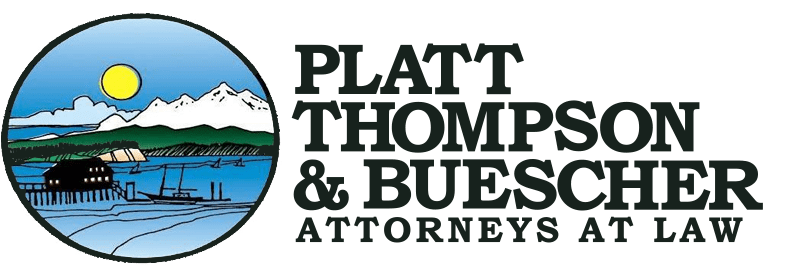Why are drugs like heroin, cocaine and even marijuana illegal? Simple. Drugs are illegal because they get you high. At least that is a big part of the reason. Experienced criminal defense attorneys and prosecutors in Seattle know that drugs are classified according to a number of factors, but that a primary characteristic is their propensity for addiction. Classifications of illegal drugs are called schedules.RCW 69.50.201(a)(1)(i) The greater the addictive propensity the higher illegal drugs are ranked in these schedules.
The Uniform Controlled Substances Act classifies all controlled substances into five schedules, based on their potential for abuse and whether they have accepted medical uses. The State Board of Pharmacy has the authority to add, delete, or reclassify controlled substances. Schedule I drugs have a high potential for abuse, with no accepted medical use in treatment, and lack accepted safety for use in treatment even under medical supervision.
So, for example, narcotics such as heroin and hallucinogens such as LSD are listed in Schedule 1. Amazingly enough, marijuana is classified right there with heroin, in schedule 1. RCW 69.50.204(22). Although this classification has been challenged in the courts, it still stands.
Scientists at the U.S. National Institute on Alcohol Abuse and Alcoholism published a report in the journal Nature Chemical Biology, last week discussing their research on “non-psychotropic cannabinoids”. Led by Professor Li Zhang they discovered that tetrahydrocannabinol (THC) gives people a high by binding to a molecular anchor on cells called the cannabinoid type-1 (CB1) receptor. On the other hand, THC relieves pain by binding instead to receptors for the brain-signalling compound glycine and increasing their activity. So THC has different effects, which can be isolated.
According to Annalee Newitz at IO9, “people whose stomachs are too tender for aspirin or ibuprofin may be swallowing THC pills to get rid of headaches.” “This is an important breakthrough in the long-sought separation of intoxicant effects of THC from its desired medical effects,” Les Iversen of the Oxford University stated.
Dennis Romero quipped, “What do you call marijuana that doesn’t get you high?” in the LA Weekly. “A waste of time.” He is joking, but in reality what you might NOT call such marijuana is an illegal drug. This is because if it doesn’t get you high it might not be addictive. The Week put it another way, “What is marijuana without the high? Still a very effective painkiller.”
What I was not able to discern from the published articles is whether the non psychotropic marijuana has the appetite enhancing effect (“the munchies”) that is so helpful for cancer patients undergoing chemotherapy whose appetites are suppressed by their treatment. This is an interesting aspect to this issue, which will have to be developed with future research.

